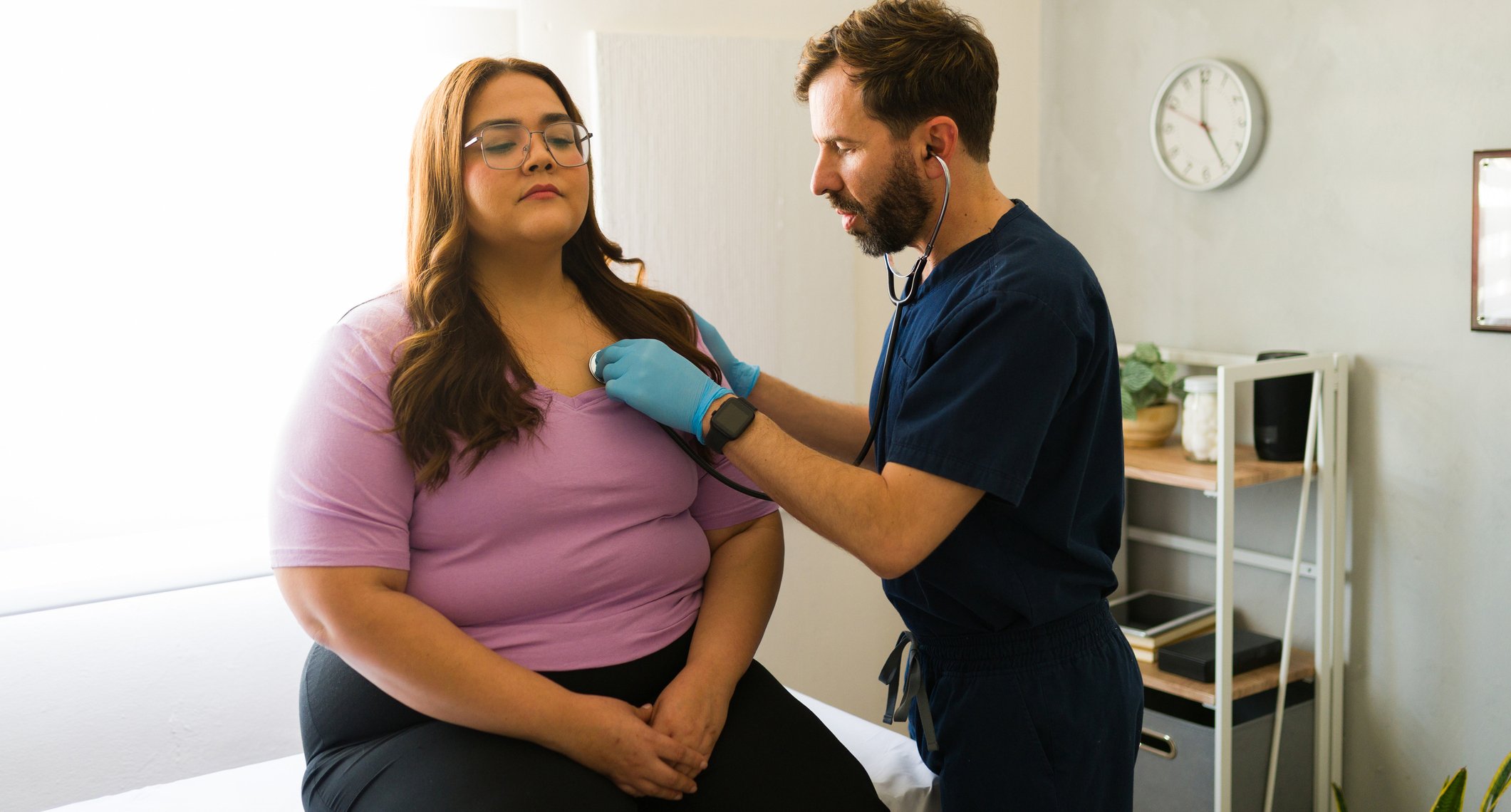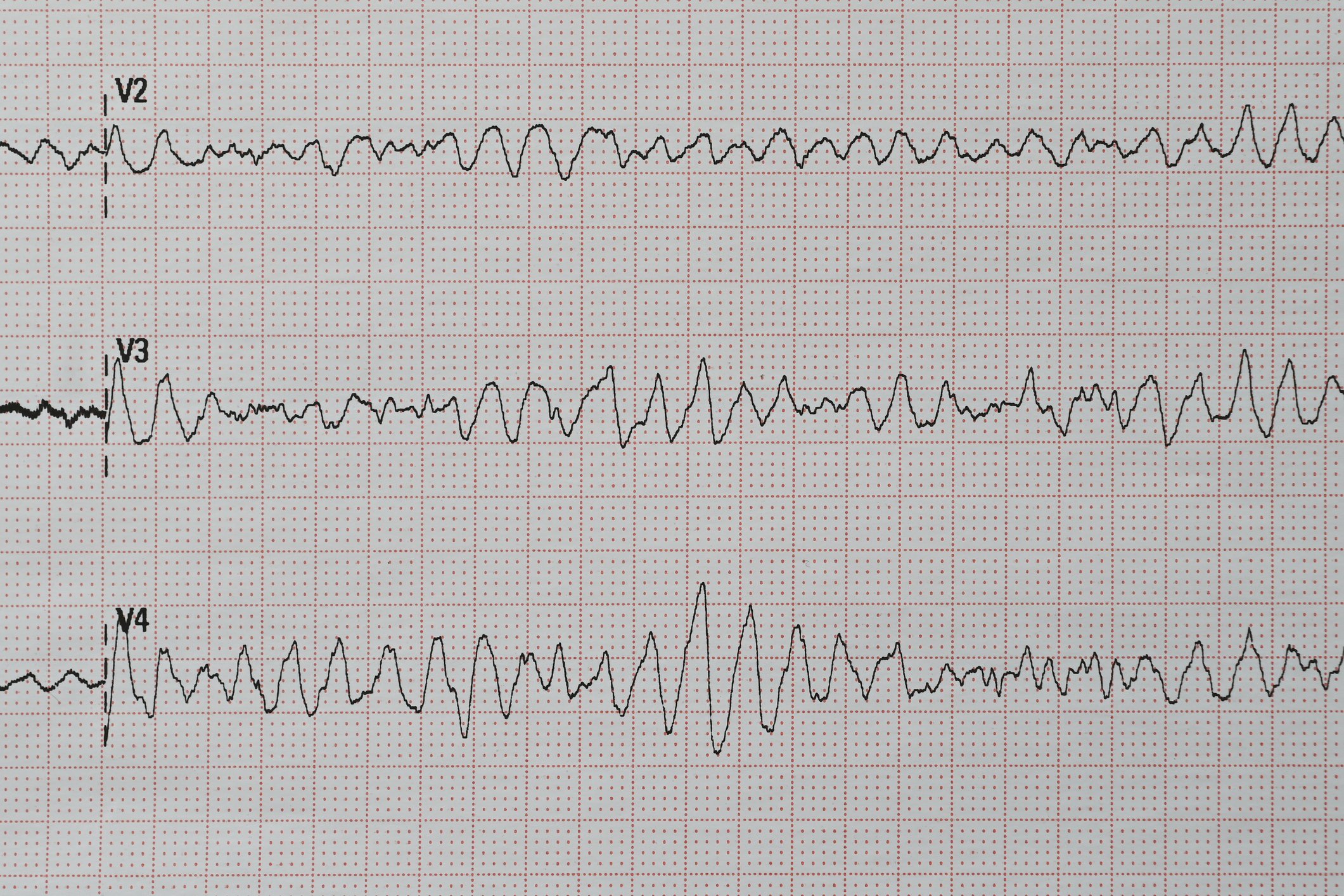Depressive disorders are among the most common, burdensome, and costly mental illnesses in adults worldwide. In addition to psychotherapy, antidepressants are a central therapeutic component in the treatment of depression. An international review of the use of the most commonly prescribed antidepressants.
Background: An estimated 350 million people worldwide suffer from depression. Thus, depressive disorders are among the most common, burdensome, and costly mental illnesses in adults worldwide. This raises the question of how affected individuals can best be helped. In addition to psychotherapy, antidepressants are a central therapeutic component in the treatment of depression. In order to prescribe the most effective antidepressants to patients, physicians rely on extensive clinical research in this area. The efficacy of different antidepressants has already been compared in clinical trials, but until now there was no overview of the most commonly prescribed antidepressant medications and their side effects.
Investigation: The international study presented here was the first to demonstrate the efficacy as well as tolerability of the most commonly prescribed antidepressants in the acute treatment of adults with depressive disorder. The meta-analysis reviewed all available research on 21 first- or second-generation antidepressants. In total, the findings from 522 double-blind studies conducted between 1979 and 2016 were compiled and analyzed. The surveys include information from 116,477 patients. Findings from 522 clinical trials provide a solid basis for using antidepressants more effectively. Antidepressants were tested against either another antidepressant agent or placebo. In the studies, the researchers set the period of intake at eight weeks. The percentage of patients whose depressive symptoms were reduced by at least 50 percent was surveyed. Treatment subjects were randomly assigned to an antidepressant or randomized to placebo.
Results: In terms of antidepressant efficacy, it was apparent that all 21 antidepressants studied were better at relieving symptoms of depression than placebo. However, antidepressants differed among themselves in efficacy and tolerability. Amitriptyline, mirtazapine, and duloxetine showed the best results in terms of efficacy. The relative efficacy of antidepressants compared with placebo was also demonstrated for remission. From the meta-analysis, the administration of agomelatine and fluoxetine was associated with fewer antidepressant treatment discontinuations than placebo therapy, implying good tolerability of the two antidepressants. Subjects randomly assigned to antidepressant treatment who discontinued the study because of side effects showed a higher withdrawal rate than subjects assigned to placebo. Considering efficacy and tolerability together, the researchers demonstrated that some antidepressants had a better relationship between depressive symptom reduction and side effects. Thus, these antidepressants work better and, at the same time, antidepressant treatment is discontinued less frequently due to side effects.
Conclusions: Overall, all antidepressants studied were better at relieving symptoms of depression than placebo. A caveat, however, is that the antidepressant agents can cause side effects that led some individuals to discontinue treatment. Not all subjects could benefit from antidepressant treatment. The meta-analysis presented here can be used to assist in making the first choice for pharmacological treatment of acute depressive disorders in adults and thus makes an important contribution to the optimal treatment of acute depression.
InFo NEUROLOGY & PSYCHIATRY 2018; 16(2): 35.











